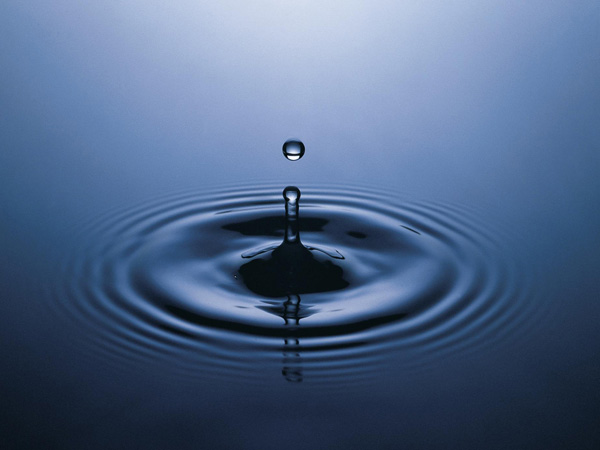EU agricultural water pollution on the decrease

Water pollution caused by nitrates has decreased in Europe over the past two decades, but agricultural pressures are still putting water resources under strain.
The latest Report on the implementation of the Nitrates Directive reveals that nitrates concentrations are slightly decreasing in both surface and groundwater and sustainable agricultural practices are more widespread.
Excessive concentrations of nitrates from livestock such as pig, cow and poultry manure and crops fertilisation leaches into waters causing algal blooms, disrupting aquatic ecosystems, causing air pollution and threatening biodiversity. More than 20 years ago the EU recognised the problem, adopting the Nitrates Directive, which promotes good agricultural practices across Europe by reducing water pollution from nitrates from agricultural sources.
Although the overall trend is positive, nitrates pollution and eutrophication – the excess growth of weeds and algae that suffocates life in rivers and seas – are still causing problems in many Member States and further action is needed to bring the waters in the European Union to a good status within a reasonable timescale.
Environment commissioner Janez Potočnik said: “I am very pleased to see that longstanding efforts to reduce pollution from nitrates in water are paying off. But we still have a huge task ahead to bring Europe’s waters to good status by 2015. Nitrates put severe pressure on biodiversity, and on the waters and land underpinning our agriculture and economic activities. We need to step up efforts to achieve further significant reductions in nutrient releases. This requires managing the nutrient cycle in a more sustainable and resource-efficient way. In particular, we need to improve efficiency in the use of fertilisers. The longer we wait, the more it will cost, to the economy and the environment.”
Agricultural pressures on water quality are still constantly increasing in some areas, as some intensive agricultural practices are heavily dependent on fertilisers that cause local water quality to deteriorate. Several Member States and regions still have a high percentage of nitrate-polluted and eutrophic waters. The problems with groundwater seem most severe in Germany and Malta, while surface waters seem most polluted in Malta, the United Kingdom and Belgium. Almost four out of ten lakes in Europe suffer from eutrophication with the Netherlands suffering most acutely, with 100 % of freshwaters affected.
National measures, such as balanced fertilisation and sustainable manure management, which aim to provide the right amount of nutrients to crops, continue to improve. However, in sectors like horticultural production, farmers are still not sufficiently encouraged to reduce use of nitrates-based fertilisers. New energy crops, the biogas industry, the intensification of livestock production and horticulture are identified in the report as challenging areas that will require further attention and reinforced measures in the future.
Understanding of the problem has also increased, thanks to training programmes and campaigns to raise awareness of the need for water protection measures at the farm level carried out by Member States.
Join 31,000+ subscribers
Subscribe to our newsletter to stay updated about all the need-to-know content in the poultry sector, three times a week. Beheer
Beheer











 WP Admin
WP Admin  Bewerk bericht
Bewerk bericht